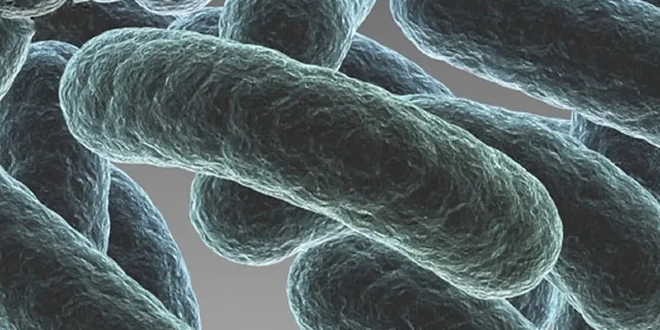At the University Hospital Basel in Switzerland, scientists have discovered more than 30 previously unknown bacterial species in patient samples. This groundbreaking research, published in the BMC Microbiology journal, offers potential new directions for research and treatment strategies for infections linked to these bacteria. Dr. Daniel Goldenberger, who spearheaded the study, noted the rarity of establishing direct connections between new bacterial species and their clinical significance.
This research emphasizes the importance of understanding human-infecting pathogens to improve treatment approaches. Since 2014, Dr. Goldenberger’s team has been gathering and examining patient samples, uncovering 61 unidentified bacterial pathogens from individuals with various medical issues.
Challenges in sequencing these bacterial genomes using traditional methods led the team to adopt a novel approach. They employed an algorithm to compare the genetic sequences with those of known bacteria, leading to the identification of 35 new species. Notably, seven of these species are clinically significant, capable of causing infections, while the remaining 26 were labeled as “difficult to identify.” The study highlighted that most of the newly discovered bacteria fall under the genera Corynebacterium and Schaalia. Although commonly found in the human skin microbiome and mucosa, these bacteria become problematic when they enter the bloodstream.
Intriguingly, one of the “difficult to identify” bacteria, initially isolated from a dog bite wound, might represent a new and emerging pathogen. This bacteria was first identified by a Canadian team in 2022 from wounds resulting from dog or cat bites.
The research team plans to continue this study by collecting and analyzing more patient samples from the University Hospital Basel. The addition of over 20 species to their findings is expected to enhance the future diagnosis and treatment of infections.
The study concludes by emphasizing the value of publicly available clinical and genomic data in understanding the clinical and ecological roles of these bacterial organisms. The identification of 35 novel strains, including seven with clinical relevance, underscores the vast array of unidentified pathogens still to be explored.


